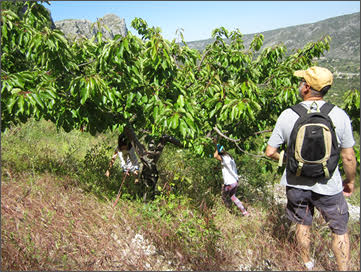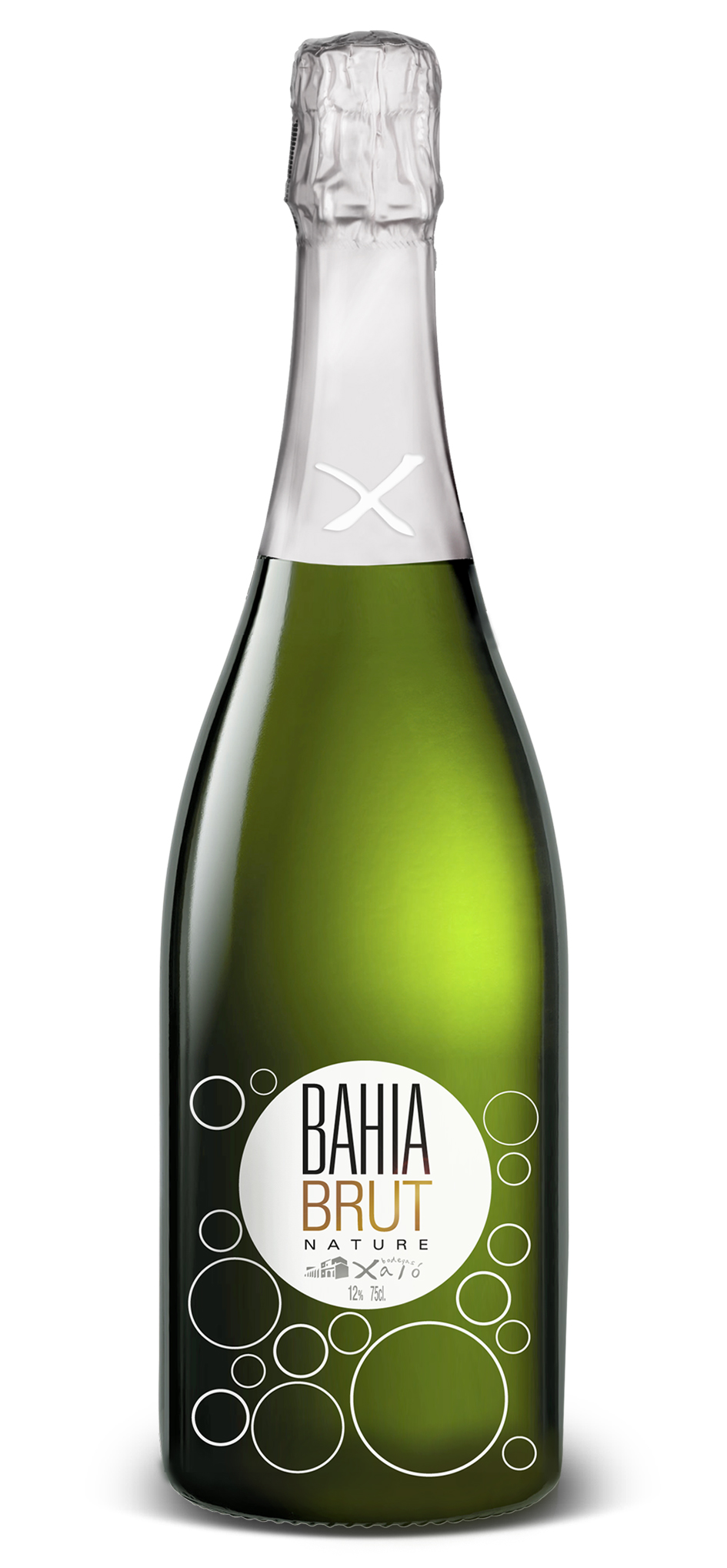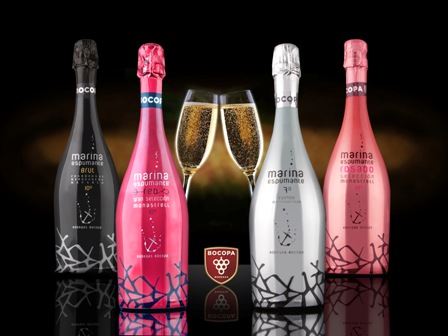Animal Feed with rice straw and residues of citrus pruning
Valencia Polytechnic University (UPV) researchers design new diets for ruminants from fruit and vegetable waste that reduce methane emissions

Rice straw and citrus prunings have a new use: feed for ruminants. A team of researchers from the Universitat Politècnica de Valencia has designed new diets for cows, sheep, goats, etc. from these fruit and vegetable residues. Among its advantages, the use of the new feeds would contribute to reducing the burning of these by-products from the fields, as well as reducing methane emissions generated by animals. The work is part of the European project Low Carbon Feed (LIFE16/CCM/ES/000088), led by the Unió de Llauradors i Ramaders; its first results were published in the journal Animal Feed Science and Technology.
“In recent years rice straw is being eliminated by controlled burning of crops. On the other hand, the prunings of citrus crops (orange and lemon trees) are also eliminated by burning or crushing. All these practices cause considerable emissions of greenhouse gases into the atmosphere,” says Professor Carlos Fernandez, researcher at the Institute of Animal Science and Technology of the UPV and responsible for the project at this institution.
The feeds designed by the UPV researchers reduce methane emissions (greenhouse gas) between 8% and 22%. In addition to the residues of rice straw and citrus leaves, they incorporate other ingredients that guarantee that all the nutritional needs of the animals are satisfied. And they also stand out because, in addition to having an environmental benefit, they are useful for farmers because they revalue a by-product for farmers by offering local food at a competitive price.
“Low Carbon Feed diets have incorporated rice straw and orange and lemon leaf residues into the compound feed of ruminant animals. That is to say, these residues have not been used as a fodder source, but have been introduced as another ingredient in the preparation of a compound feed”, points out Carlos Fernández. The feed can be used to feed any population of ruminant animals (cattle, sheep, goats) and even herbivores of the camelid family (camels, llamas, etc).
“It is also a proposal that complies with one of the principles of a sustainable agricultural-livestock system: the 3Rs (Reuse, Recycle and Reduce), without harming or altering the productive level of the animals”, points out the UPV researcher.
In addition to Carlos Fernández, Tamara Romero, Pilar Molina and Nemesio Fernández, from the Institute of Animal Science and Technology, and José Vicente Martí, José Luis Palomares and Ion Pérez-Baena, from the Department of Animal Science, also participate in the UPV team.






Recent Comments